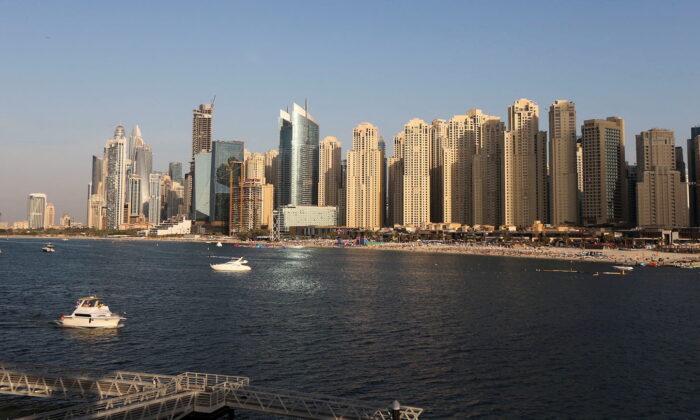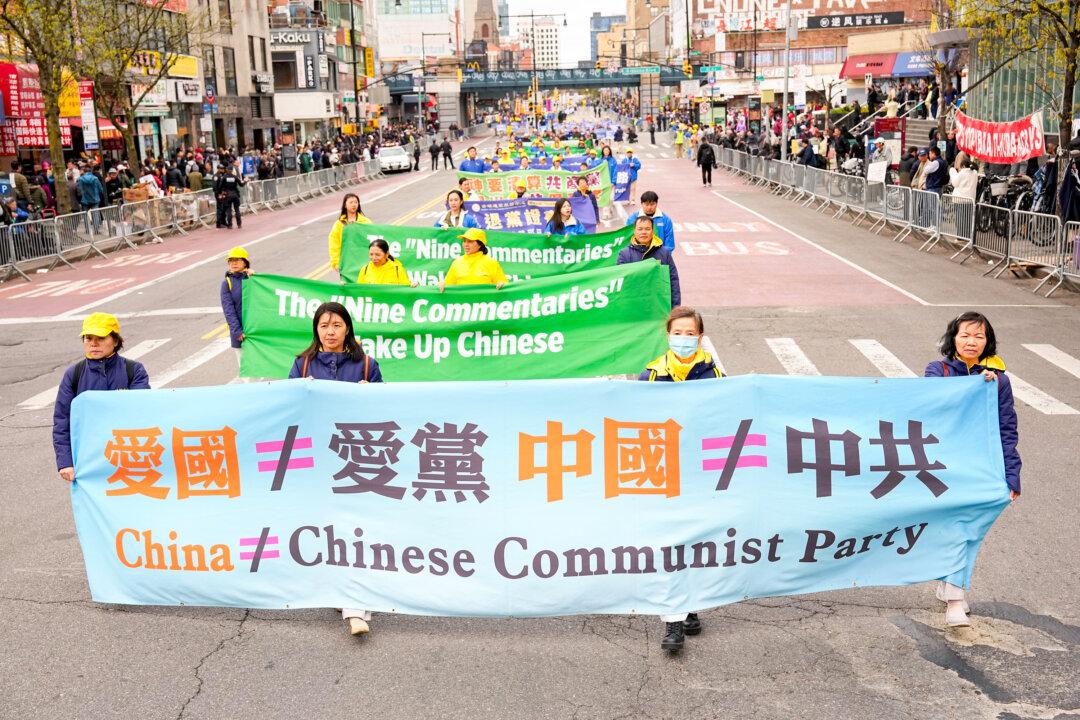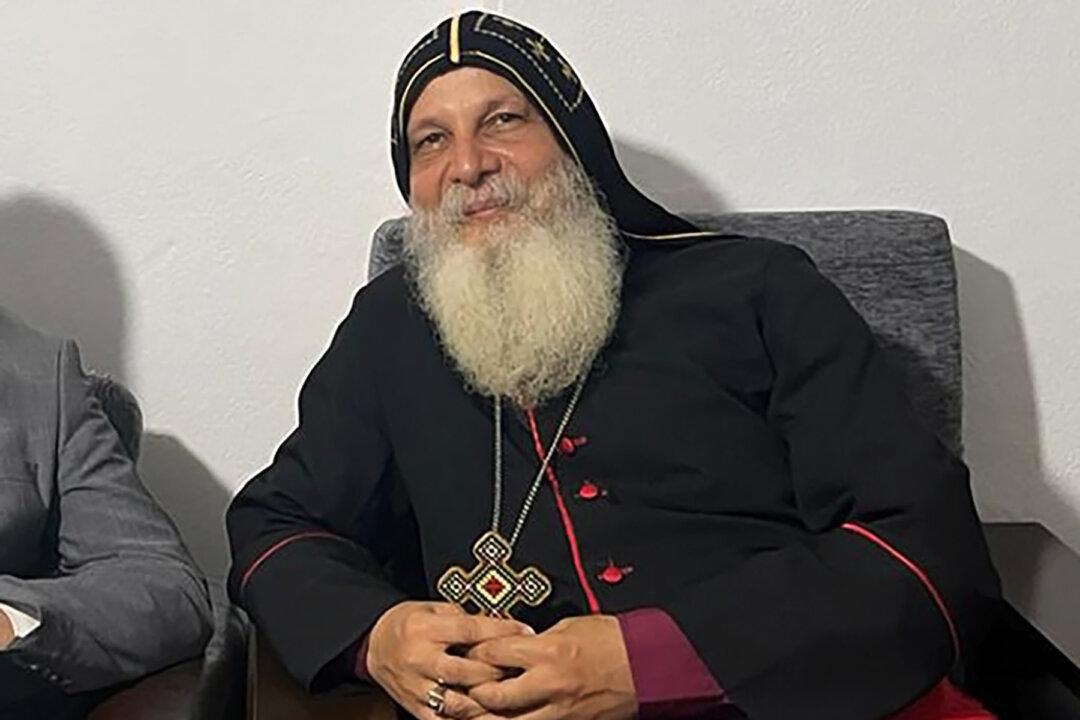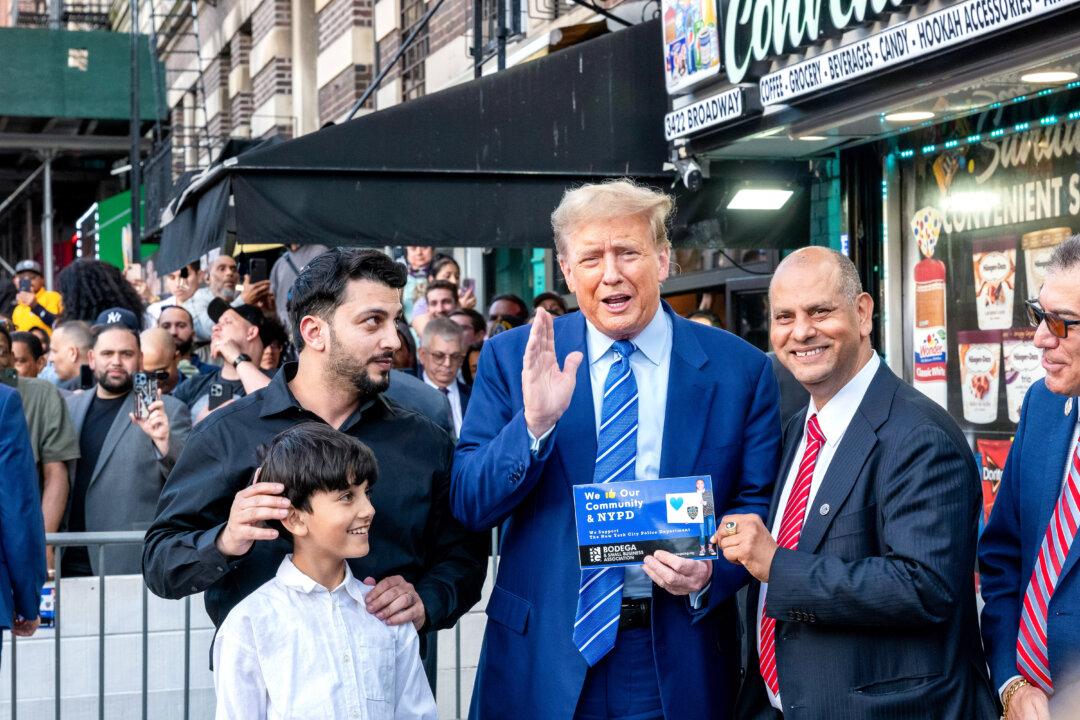Australia is pursuing its first Free Trade Agreement (FTA) with a Middle Eastern nation as it looks to bed down an FTA with the United Arab Emirates (UAE).
“The UAE is Australia’s gateway to the Middle East and presents an opportunity for greater trade diversification,” Australian Trade Minister Dan Tehan said in a statement.
“Australia has more than 300 key businesses operating in the UAE, including in building, construction, financial services, agricultural supplies, and training services and a Comprehensive Economic Partnership Agreement (CEPA) would create more opportunities for Australian businesses and workers.”
Current Australian exports to the UAE include aluminium oxide, meat (beef, sheep, and lamb), vehicle parts and accessories, and telecom equipment and parts.
The minister said an agreement could be a building block for future trade deals with other countries of the Gulf Cooperation Council, including Bahrain, Qatar, Saudi Arabia, Oman, and Kuwait.
Justin Brown, a former official at the Department of Foreign Affairs and Trade said a trade deal with India would be a “huge win” for the current government’s trade diversification agenda due to its large population base (1.3 billion people).
Brown noted a challenge was to “develop a package that is commercially meaningful” for India.
Meanwhile, trade negotiations with the EU (450 million people) stalled last year after French displeasure with Australia entering the AUKUS agreement with the United States and United Kingdom.





